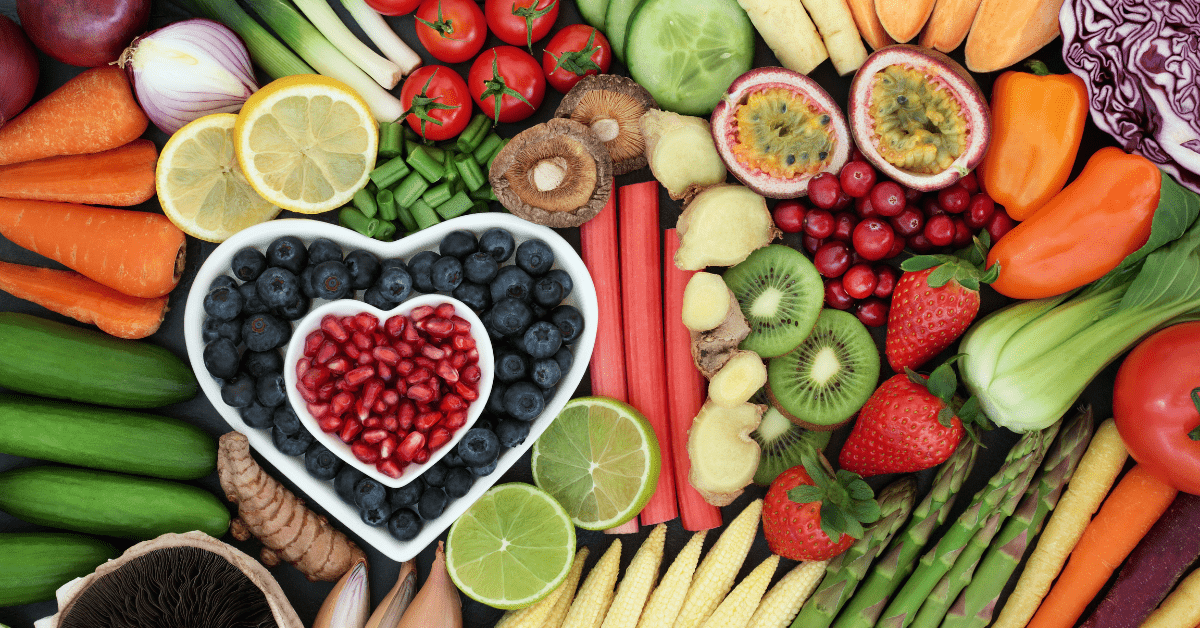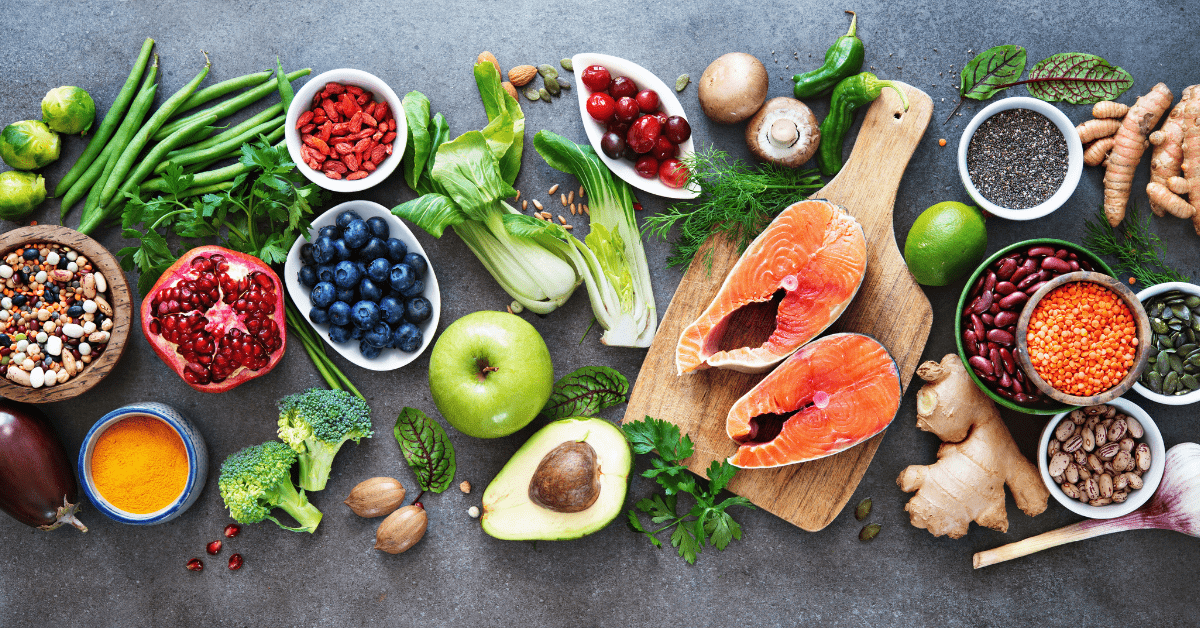Schedule a tour now

When searching for assisted living near me in Fenton, MI, good nutrition becomes the foundation that holds everything else together for seniors. Your body’s needs shift as you age and what worked at 50 might not serve you well at 75. This isn’t just about getting enough calories—proper nutrition touches every part of your daily experience, from how clearly you think to how steady you feel on your feet.
This matters most: good nutrition helps you stay yourself. Seniors who eat well move better, take care of themselves more easily and maintain their independence longer. When your body gets what it needs, you have the energy and strength to do the things that matter to you.
Eight Practical Nutrition Tips for Seniors in Assisted Living
Getting the right nutrition doesn’t have to feel overwhelming. These eight straightforward strategies can help you or your loved one eat well while enjoying every meal.
1. Include lean proteins in every meal
Your body needs protein now more than ever. Older adults typically need about 1 to 1.2 grams per kilogram of body weight in a day to keep muscles strong. Think eggs at breakfast, chicken at lunch and fish for dinner. Having trouble chewing? Greek yogurt, cottage cheese and finely chopped chicken work just as well and taste great too.
2. Add colorful fruits and vegetables

Here’s a simple rule: the more colors on your plate, the better you’re doing. Aim for at least 1.5 to 2 cup-equivalents of fruits and 2 to 3 cup-equivalents of vegetables each day. Dark greens give you calcium and folate, while orange vegetables pack vitamin A. Pre-cut options from the store work perfectly when preparing fresh produce feels like too much work.
3. Choose whole grains over refined carbs
Whole grains bring fiber, vitamins and minerals that your body craves. They support digestion and may help protect against heart disease and diabetes. Small swaps make a big difference: brown rice instead of white, whole wheat bread over regular, oatmeal rather than sugary cereals. Your body will thank you.
4. Stay hydrated with water and healthy drinks
Many of us don’t realize we’re thirsty until dehydration has already set in. Sip water throughout the day, but don’t stop there. Herbal teas, milk and 100% fruit juices all help keep you hydrated. Consider placing water bottles or cups in different rooms as gentle reminders to drink up.
5. Limit added sugars and sodium
Too much sodium raises your risk of high blood pressure, heart disease and stroke. Added sugars? They’re just empty calories without any real nutrition. Try seasoning food with spices instead of salt—you might discover flavors you never knew you loved.
6. Eat smaller, more frequent meals
Lost your appetite but still need proper nutrition? Smaller foods throughout the day can help you get what you need without feeling overly full. This approach works especially well if you tire easily during meals or find large portions overwhelming.
7. Make meals social and enjoyable
Eating with others genuinely improves how much and how well seniors eat. Social meals encourage trying new foods and enjoying more variety. Assisted living communities understand this—their group dining settings offer both good nutrition and meaningful connections with others.
8. Use ready-to-eat or pre-cut options for ease
There’s no shame in choosing convenience when it helps you eat better. Pre-cut fruits and vegetables, single-serving yogurts and ready-to-eat proteins like rotisserie chicken remove barriers while keeping nutrition quality high. These options can be lifesavers when mobility or dexterity challenges make food prep difficult.
The Foundation of Health
Proper nutrition forms the foundation of health and independence for seniors who call assisted living communities home. Seniors face real hurdles when trying to eat well. Changes in taste and appetite, physical limitations, loneliness at mealtimes and medication effects all create genuine challenges. Yet these obstacles aren’t insurmountable. Simple steps like adding colorful produce to meals, ensuring adequate protein intake and maintaining proper hydration can make a meaningful difference in daily health and energy.
When exploring senior living options for yourself or someone you care about, nutrition deserves careful consideration. The right support can genuinely impact how well someone ages and how much they enjoy their daily life. If you’d like to learn more about nutrition-focused care and how it benefits residents, we’re here to help. Contact us at (810) 354-7050 to discover how Vicinia Gardens prioritizes health and quality of life.
FAQs
Q1. What are some essential foods seniors should include in their daily diet? Seniors should include a variety of nutrient-dense foods in their daily diet. This includes lean proteins like fish and poultry, colorful vegetables, whole grains, low-fat dairy products and healthy fats from sources like olive oil. It’s important to focus on foods rich in fiber, vitamins and minerals to support health and well-being.
Q2. How does nutrition impact the overall health and independence of seniors? Good nutrition is key to supporting health and improving quality of life. A balanced diet helps maintain muscle strength, supports cognitive function and enhances energy levels needed for daily activities. By prioritizing proper nutrition, seniors can maintain their independence.





